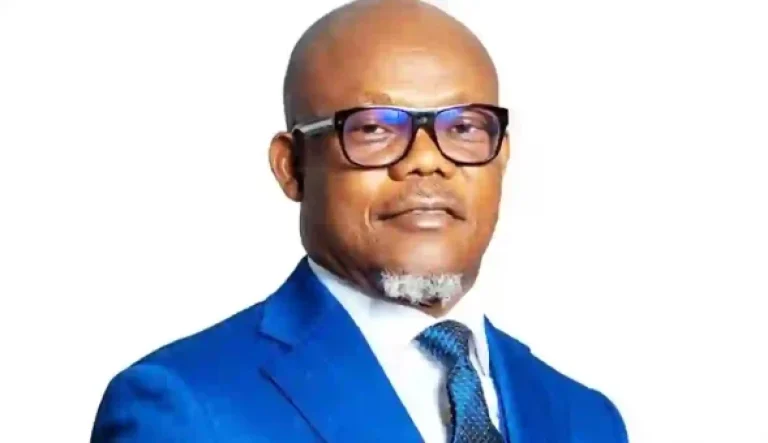Facts have emerged that about 70 per cent of primary school teachers in pre-secondary schools across Nigeria are not qualified to teach.
Education specialist working with UNICEF, Manar Ahmed said precisely that 69 per cent of teachers in primary institutions are unqualified.
The expert who spoke online during a media dialogue on SDGs as Child Rights education also revealed, “Nigeria is facing a staggering learning crisis with learning outcomes in Nigeria being one of the worst globally”.
She Manar: “Qualified teachers are in short supply across all educational level”, adding, North East, you are having 33% in the North West, you are having 39% of unqualified teachers.
The education specialist said that her findings were based on national personnel audit of 2018-2019, adding that it is based on National Learning Assessment of 2017 Universal Basic Education in conjunction with UNICEF.
In the same breath she said that 70 per cent of Nigerian children in primary school are not able to read and write. Explaining further Ahmed said the 70% she cited are not achieving the basic functional skills. Factors contributing to the problem according to her, includes low public spending on education, among others. “First is the low public spending on education. What you see here is 1.7% of GDP allocated to education. If you look into the public expenditures on education, I think in 2020.The World Bank said that it was at 5.6%”.
Continuing, “What we also know from the national personnel audit of 2018-2019 of cubic and it’s available online, you have at least 27% of the teaching staff in Nigeria are unqualified.
27% of our teaching staff are unqualified, but it’s not only that. It’s not only that.
“Like more than 1/4 of our teachers are not qualified, but it’s also if you look deeper into the subsectors, into the different educational level and the different educational stages, you will note that some subsectors are actually underserved. So let’s look at primary education in primary school. That is when you are assuming that your child, you send your child to a public primary.
“Shortage of 37% of classrooms at the national level.
What you currently have is something around more than 4000.
Four, 400,000 classrooms in Nigeria, around four 407 thousand classrooms in Nigeria right now. Almost half of this classes, 197 thousand classrooms are bad classrooms and this is the definition. This is a categorization.
“The classification of public. So again, we are sharing the government data here that tells us why we think there is a huge learning crisis in the country that’s leading to 70% of our children.
The specific policy it looks on to quality education, it promotes, it promotes inclusive and equitable education for all.
So the stage where you want to build the foundational skills that you want to make sure that children are learning to read”.
Making a proposition on the way forward , she said, “Between 50 to 20% of public finance allocation should be directed to education”.
Ahmed also tasked on enforcement of the one year mandatory Early Child Education also called Pre-Primary Education. She listed what she called piloting stage for improving teaching and learning methods to achieve positive results and scale up materials.
The education specialist nevertheless believes that Nigeria has good polices on education, “the problem is implementation.”








392156 252895I like this site really considerably so significantly fantastic info. 665596
102339 598263Woh Everyone loves you , bookmarked ! My partner and i take problem inside your last point. 258386